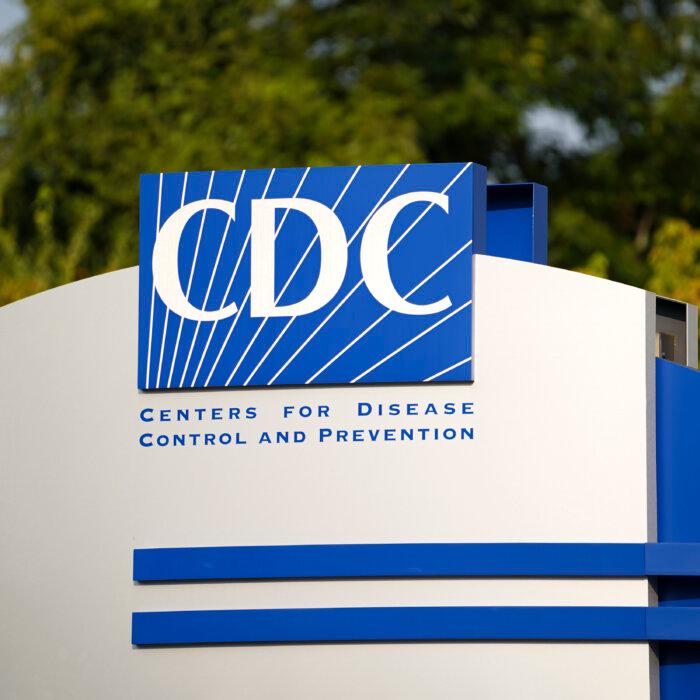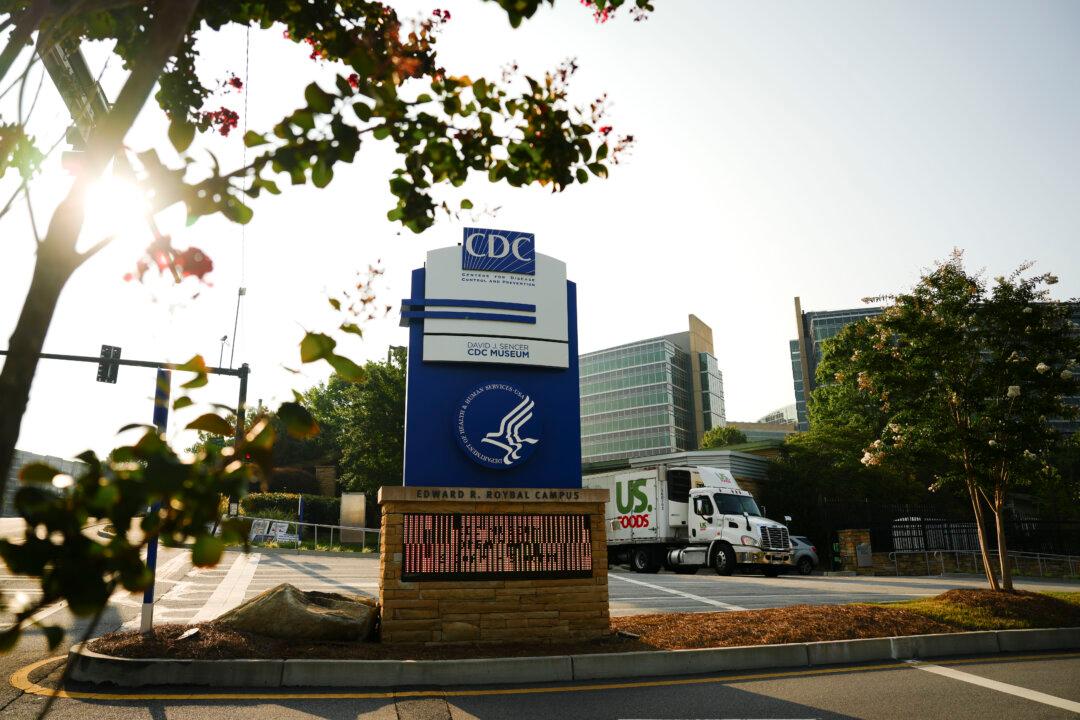Two top U.S. Food and Drug Administration (FDA) officials are urging Americans to get vaccines, including COVID-19 shots, warning that there will likely be thousands of excess deaths over the winter if they do not.
“The situation has now deteriorated to the point that population immunity against some vaccine-preventable infectious diseases is at risk, and thousands of excess deaths are likely to occur this season due to illnesses amenable to prevention or reduction in severity of illness with vaccines,” they wrote.
Dr. Marks, listed as the contact for the editorial, referred a request for data supporting the warning to the FDA’s media office.
A spokesperson declined to offer any data outside of that cited in the editorial.
Dr. Marks and Dr. Califf said that they want to “counter the current trend” in lagging vaccination rates.
“We urge the clinical and biomedical community to redouble its efforts to provide accurate plain-language information regarding the individual and collective benefits and risks of vaccination. Such information is now needed because vaccines have been so successful in achieving their intended effects that many people no longer see the disturbing morbidity and mortality from infections amenable to vaccines. For example, smallpox has been eradicated, and polio has been eliminated from the US, through effective vaccination campaigns,” they wrote.
Measles was also officially eliminated, but unvaccinated people have been responsible for multiple U.S. outbreaks, including one in Ohio, the officials said, citing a U.S. Centers for Disease Control and Prevention (CDC) study on the outbreak.
They added later, “In addition to making a difference regarding childhood immunization, communication regarding the potential benefits of vaccination can hopefully also improve the number of individuals accepting vaccination to protect against COVID-19, influenza, and respiratory syncytial virus disease.”
The editorial did not involve any discussion of side effects, such as heart inflammation, but did feature the officials decrying what they described as the “large volume of vaccine misinformation.” The best way to respond to the misinformation, they said, “is to dilute it with large amounts of truthful, accessible scientific evidence.” They said later that healthcare workers should “focus at every appropriate opportunity on helping to ensure that individuals have the necessary information to make informed choices regarding vaccination, considering the benefits and risks.”
Several experts who reviewed the editorial said they found it lacking, in part because it did not acknowledge the blunders public health officials made during the COVID-19 pandemic.
The distrust will “spill over [to] the vaccine recommendations,” especially when the U.S. recommendations for COVID-19 vaccines differ from most of the rest of the world, Dr. Gandhi added. “If public health spent some time addressing mistakes they made during the pandemic, they may get the public to trust them more on vaccine recommendations.”
The FDA cleared a new round of COVID-19 vaccines from Moderna, Pfizer-BioNTech, and Novavax in 2023 despite there only being animal data available for two of the shots and data on just 50 human volunteers for the Moderna jab. The U.S. Centers for Disease Control and Prevention (CDC) then recommended virtually all Americans aged 6 months and up receive one of the vaccines, with limited exceptions. Many other countries don’t currently recommend COVID-19 vaccination for most people, in light of high levels of prior vaccination and infection.
An FDA spokesperson claimed that the COVID-19 vaccines dramatically reduce death, hospitalization, and severe illness. The spokesperson said the agency “continues to work with partners to gather data to further document the safety and effectiveness of the current formulations of the COVID-19 vaccines,” adding, “we anticipate information being published in the coming months.”
Dr. Marty Makary, a professor at Johns Hopkins School of Medicine, said that the editorial ignored the reality that the risk-benefit calculation for vaccines is different for different people.
“The big hole in the argument put forth by FDA leaders is that the risk-benefit calculation is not the same for an 80-year-old obese woman as it is for a healthy 19-year-old male,” Dr. Makary told The Epoch Times in an email. “FDA refuses to customize the risk of myocarditis, for example, and the benefit by age group because they don’t believe the public can handle a nuanced message. They believe the public is too dumb to digest a tailed vaccine recommendation and therefore insists on one simple message on vaccine boosters.”





